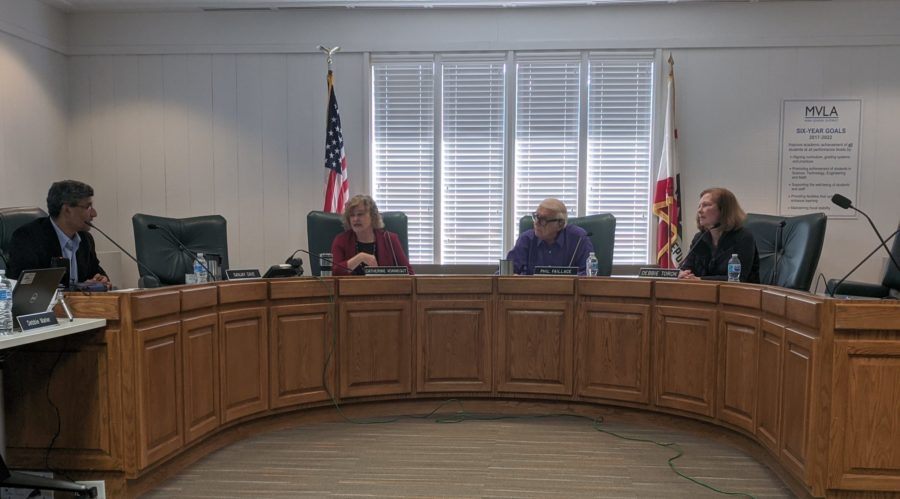Brook Mangin-Hinkley has been teaching World History AP for 11 years at MVHS. This article was originally published in Volume XXXVIII, Issue 1
At the end of May 2018, just as we were about to begin finals, I received an email from the College Board letting me know that significant changes were being made to the World History AP (WHAP) curriculum for the 2019-2020 year.
Understatement of the year.
The WHAP curriculum currently begins with the changes spurred by the Agricultural Revolutions some 10,000 years ago and continues up to the present day.
The College Board decided to wipe out several millennia and start the WHAP curriculum at a date of 1450 CE (that’s AFTER the year 0).
I don’t think the College Board had any idea of the backlash they were going to receive from outraged teachers and students.
WHAT?! Start the class in the year 1450?! That’s just at the precipice of European colonization of the Americas which is followed by centuries of Western hegemony! This is supposed to be a WORLD history class!
Starting the class in the year 1450 would erase the historical examples that countered the conclusion that the West was “destined” to rise.
As I processed the new changes and drank copious amounts of La Croix to keep calm, students poured into my room as they heard of the changes as well.
“How do we fight this?” “How can we get the College Board to change its mind?” “Who’s going to Washington DC this summer?” “How do you feel about protesting outside the College Board headquarters dressed up as a squirrel eating an acorn?”
Pause. July.
College Board, “Hey hey! So, we HEAR you and we don’t like being called Eurocentric so we’ll bump back the start date to 1200 CE, but that’s it. Cool?”
Well, better.
Former students and I will mourn the loss of the development of the world religions, the ability to see how local culture informs global practices, the changing relationship of humans with our environment, and the celebration of achievements of non-Western civilizations throughout the world….before 1200.
But at least 1200 CE gives us a foothold in countering the notion that the West was inevitably going to “win”. Historian Janet Lippman Abu-Lughod argues that starting a world history class in the year 1200 CE is essential: the Middle East, the far East, and Europe all had dynamic civilizations that made incredible advances in technology, trade, education, etc. No one had an edge over the other.
I also have to admit that cutting the ancient, classical, and medieval history from WHAP does mean that we will have time to spend on a post-colonial world and I find this incredibly exciting. We will be able to explore countries and topics in much greater depth AFTER WWII and the Cold War world, creating space for the achievements and challenges of non-Western countries that we are currently rushed in honoring to bring the class up to the present day.
Historians carry a heavy burden of deciding which voices are prioritized, which voices receive our attention. The further back in time you go, those voices are disproportionately those of the male elites. The advantage of spending more time in the modern era is that we have access to a staggering representation of the world’s population given the advances in technology and the myriad of ways that people express themselves. This is what excites me for the future of WHAP. It is our responsibility to ensure that WHAP remains truly a WORLD history course and I know that the passion of the teachers and students here will guarantee that vision.
So please, mourn with me for the loss of the Neo-Assyrians, the Zhou Dynasty, the Olmec, the Umayyad Caliphate, Rome, the Gupta Empire, Old Kingdom Egypt, and countless other civilizations from WHAP. Mourning is appropriate for such a substantial loss.
But there are new voices that will rise, and I know we want to hear them as well.
With the utmost respect and gratitude for the students and staff at MVHS who have taken, supported, and collaborated with me in the creation and teaching of WHAP, thank you.
Sincerely,
Brook Mangin-Hinkley





































